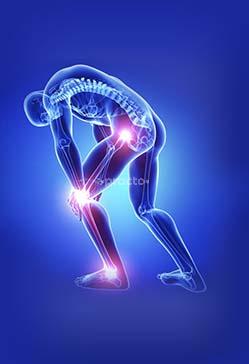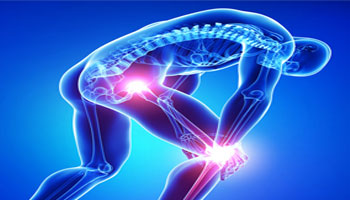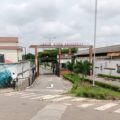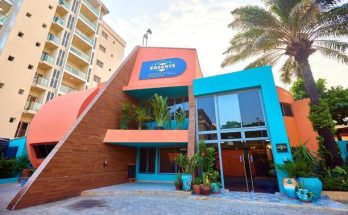By Onyinyechi Ugwoke
Although Nigeria has a number of qualified orthopedic surgeons, traditional bone setters are still being patronized by the educated and uneducated. One major reason is the cost of long term medical treatment at orthopedic hospitals. Other factors are culture and belief, superstition, ignorance, third party advice, overcrowded hospitals, and poverty. Local bone doctors are sought after and this in spite of complications – sometimes life threatening – that may arise from their care.

Common ailments treated by bone setters are fractures and dislocations. Others are stroke, paralysis, arthritis and rheumatism. In an interview with ikeja bird, Dr. Saba, a local bone setter in Lagos reveals that his patrons are mostly males, especially okada riders (motorcyclists). Injuries from okada accident are rampant. Injured cyclists are rushed to the hospital after an accident but when they are unable to pay the bills they have to leave.
As early as 7a.m, the old, the young and even children gather at Dr. Saba’s residence. John Ifeanyi has been a patient of Dr. Saba since January 2021 after his toes became stiff from an accident in August last year. Iya Seyi comes to get treatment for her rheumatism and arthritis. Mrs. Ayobami’s baby has not been able to raise his right hand since birth. Most of these patients are recommended by previous patients who have received service from the local bone setter.
Dr. Saba uses a combination of massage and traditional herbs, but no pharmaceutical drugs. On the process of healing, he explains that it all depends on the degree of injury but he always prays for fast recovery for his patients. He does not like treatment to exceed a month or two.
Dr. Olatunji Idowu, orthopaedic doctor and Head of Clinical Services, National Orthopaedic Hospital, Igbobi, Lagos says that the orthopaedic profession has evolved over 300 years from what is being practiced by traditional bone setters. To become an orthopaedic doctor takes years of training and certification – from medical school to several more years of specializing to be a surgeon. “There is no shortcut to it,” he concludes.
Sadly, complications can arise from being tended by a local bone setter. According to Dr. Idowu, “Most patients of traditional bone setters can end up limping after treatment; the limbs are shortened, not equal. The pain will stop but the person will not be able to walk normally.” But one of the most dangerous complications is when splints are applied too tight to a limb. It could lead to stoppage of blood flow to the extreme end of the limb. “If that persist for a few days usually there would be death of that limb and once there is death of that limb, the situation becomes an emergency. You remove the dead limb or the patient dies,” says the doctor.
Traditional bone setters have been in existence long before the orthopaedic hospitals. The art of bone setting is usually passed from father to son but some practitioners receive their training through apprenticeship. Traditional bone setting is mostly spread around rural areas but a few are sparsely located in urban areas. In Lagos, with the high level of accidents recorded every day, traditional bone setters still remain popular despite the existence of modern health care facilities. As long as poverty, ignorance and superstition persist, these unregulated local bone setting businesses will continue to thrive.









This is a nice piece. Local bone setters have really been helpful.
Wow. This is so wonderful!